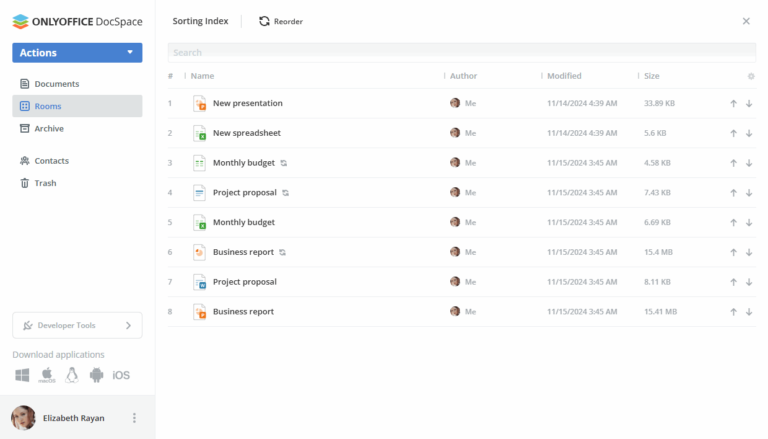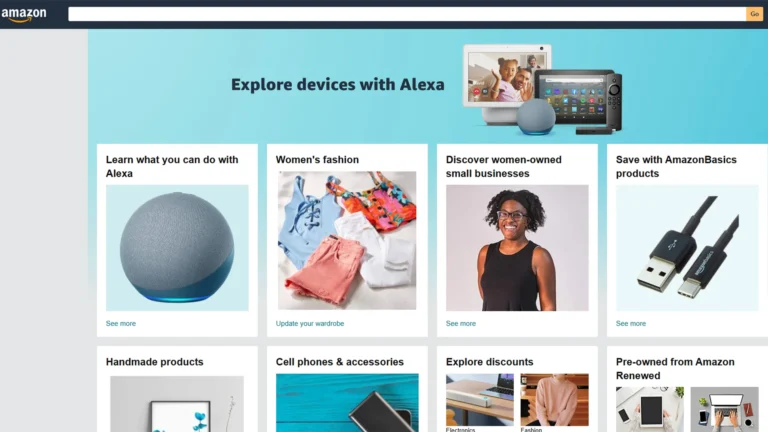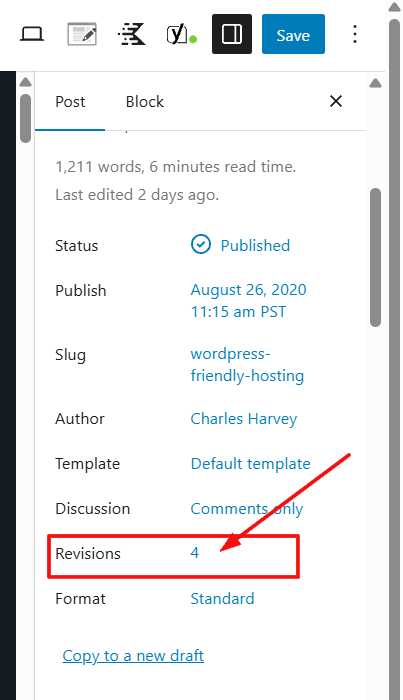In the last few years, the food delivery industry has experienced a massive surge in popularity. It becomes a staple for millions of Americans. With busy lifestyles, convenience, and technology at the forefront, food delivery apps have transformed the way we dine. The U.S. food delivery market is expected to grow from over $30 billion today to $42 billion by 2025. As the industry continues to expand, food delivery apps in the USA are increasingly becoming a central part of people’s daily routines.
In this competitive landscape, understanding the top players in the market and leveraging tools like market intelligence can help businesses stay ahead of the curve. Below, we will explore the 5 top food delivery apps in the USA and how they have evolved to become industry leaders. Additionally, we will highlight how utilizing market intelligence tools can provide businesses with valuable insights to stay competitive in this fast-paced market.
1. DoorDash
Contents
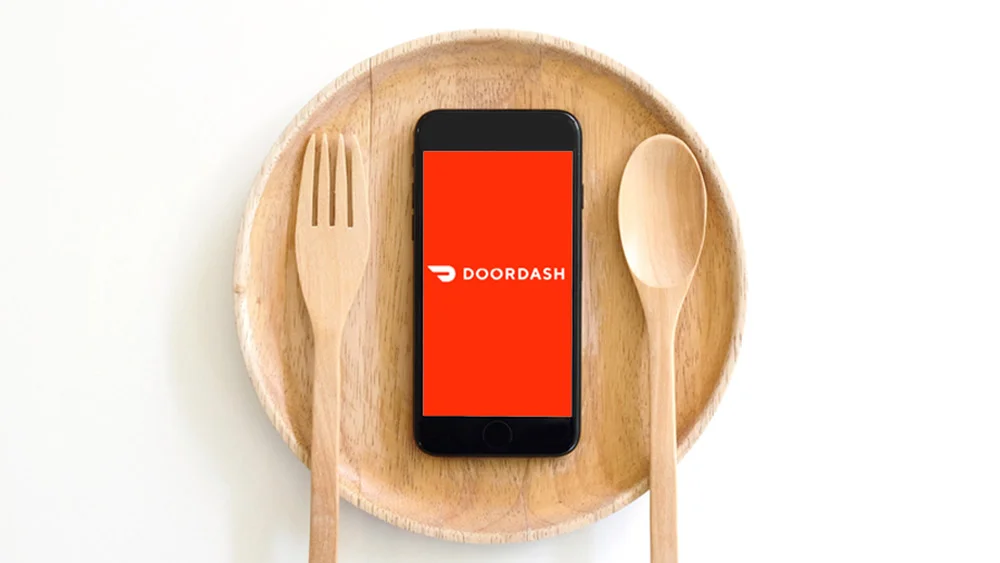
One of the top food delivery apps in the USA is DoorDash. It is the undisputed leader in the U.S. food delivery market. Dominating over 56% of the market share, according to recent data. DoorDash offers a wide range of restaurants, convenience stores, and even grocery deliveries. The app’s success can be attributed to its user-friendly interface, reliable delivery network, and fast service. DoorDash’s growth was further accelerated by its ability to adapt during the COVID-19 pandemic, when demand for food delivery services skyrocketed.
DoorDash’s commitment to customer satisfaction is one of its strongest points. It offers features like real-time tracking, multiple payment options, and a robust rewards program for frequent users. Additionally, the DoorDash for Work program provides businesses with corporate solutions, making it an ideal platform for companies to offer meal delivery perks to their employees.
For restaurant owners, DoorDash also offers a convenient way to reach more customers. By partnering with DoorDash, restaurants can leverage its vast delivery infrastructure and avoid the operational hassles of managing deliveries themselves.
2. Uber Eats
Uber Eats, a subsidiary of the popular ride-sharing company Uber, is another major player in the U.S. food delivery market. Known for its seamless integration with the Uber app, Uber Eats capitalizes on Uber’s extensive network of drivers. The app serves millions of users across the U.S. Globally, it offers delivery from restaurants, grocery stores, and even alcohol delivery in some locations.
What makes Uber Eats stand out is its ability to cater to both small, local eateries and large restaurant chains. The app’s wide range of delivery options, efficient order tracking, and flexible payment options make it a preferred choice for many. Additionally, Uber Eats is known for its reliability and speed, thanks to the Uber network of drivers.
Uber Eats also provides its restaurant partners with a comprehensive dashboard to track their sales and customer preferences, helping them improve service delivery and better understand their customers’ needs.
3. Grubhub
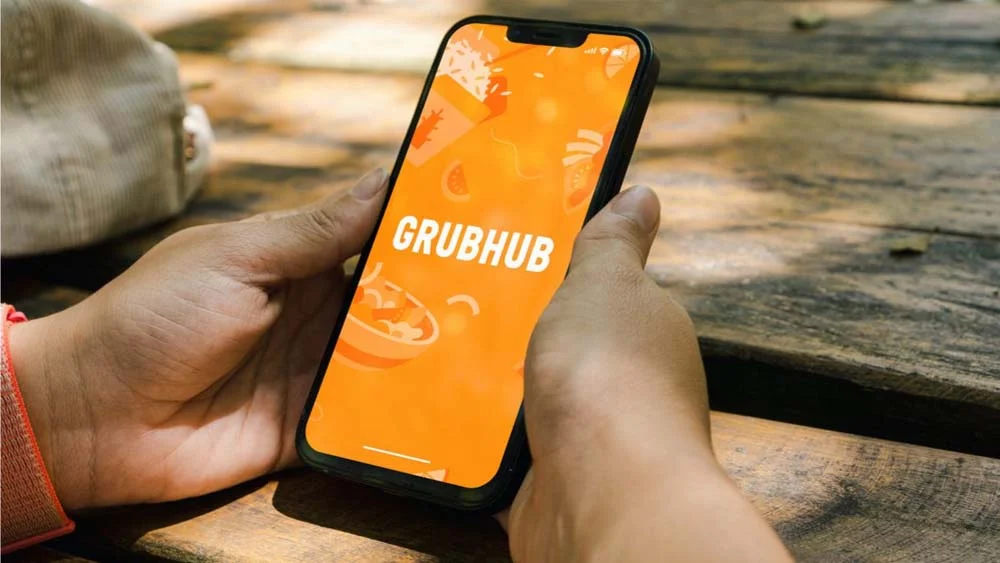
Grubhub is one of the oldest and most established players in the food delivery industry. Since its launch in 2004, Grubhub has expanded its presence across the U.S. and even merged with Seamless, another popular delivery service. Grubhub is highly popular in cities with a strong restaurant culture. It offers delivery from a diverse range of local and chain restaurants.
Grubhub’s standout features include an easy-to-navigate platform, a large selection of restaurant choices, and personalized recommendations based on user behavior. Grubhub has also implemented features like subscription-based delivery services (Grubhub+) and group ordering, which adds value for both consumers and restaurant partners.
While Grubhub’s market share has slightly decreased over time, it remains a strong contender in the competitive food delivery market. As one of the pioneers in the industry, Grubhub continues to evolve, offering services like Grubhub Direct to help restaurants increase their online orders and bypass third-party delivery fees.
4. Postmates
Postmates, now owned by Uber, is a food delivery service that has expanded beyond restaurants. This is to include deliveries from convenience stores, pharmacies, and even alcohol retailers. It is particularly popular in urban areas, offering users the ability to order just about anything and have it delivered to their door.
One of Postmates’ unique features is its subscription service, Postmates Unlimited, which offers free delivery on orders over a certain amount. The app also allows users to track deliveries in real-time and provides accurate delivery estimates, giving customers peace of mind.
For businesses, Postmates offers a robust delivery network that allows them to expand their reach without having to manage their own delivery operations. It’s a perfect solution for smaller businesses that may not have the resources to offer delivery on their own.
5. SkipTheDishes
While not as widely known as the others on this list, SkipTheDishes has gained a strong foothold in the U.S. market and is particularly popular in Canada. This app offers quick and efficient food delivery from a wide variety of restaurants. SkipTheDishes prides itself on its customer-centric approach, ensuring that deliveries are fast and customer complaints are resolved swiftly.
The app features a clean interface with the ability to customize orders and track deliveries in real time. SkipTheDishes’ reward program offers discounts and promotions to loyal users, which has helped it build a strong user base over time.
For restaurant owners, SkipTheDishes provides an easy-to-use platform that integrates delivery services into their operations seamlessly. With an emphasis on community and customer service, SkipTheDishes has carved out a niche for itself, particularly in the competitive U.S. market.
Why Market Intelligence Tools Matter
As the food delivery market continues to grow, businesses must stay ahead of trends and consumer preferences. This is where market intelligence tool can be invaluable. By using these tools, businesses can gather data about competitors, consumer behavior, market trends, and industry shifts to make more informed decisions.
Here are a few key reasons why market intelligence tools are crucial for staying competitive:
- Track Market Trends: Market intelligence tools help businesses track emerging trends, such as new delivery options, restaurant preferences, and consumer behavior shifts. This allows companies to adjust their strategies in real-time to capitalize on these trends.
- Competitive Analysis: Understanding what your competitors are doing can help you stay ahead of the curve. Market intelligence tools provide insights into your competitors’ performance, pricing strategies, and customer feedback, giving you an edge in formulating your own business strategy.
- Customer Insights: By analyzing customer data, businesses can better understand their preferences, buying habits, and areas for improvement. This helps improve marketing strategies and customer satisfaction.
- Optimize Marketing Campaigns: Data-driven insights help businesses optimize their marketing strategies. Whether it’s through personalized ads, promotions, or email campaigns, businesses can leverage market intelligence. This is to reach their target audience more effectively.
Conclusion
The food delivery apps in the USA is highly competitive, but the top players like DoorDash, Uber Eats, Grubhub, Postmates, and SkipTheDishes have carved out their space through a combination of strong brand presence, customer-centric features, and an expanding network of restaurant partners. To stand out in this crowded market, food delivery services need to embrace data-driven strategies that can help optimize their operations, attract more customers, and build long-term loyalty.
For businesses looking to stay ahead, using market intelligence tools can provide valuable insights into competitor strategies, customer preferences, and industry trends. With the right data at your fingertips, your business can adapt faster. Also, it can make better decisions to thrive in the competitive food delivery landscape..
